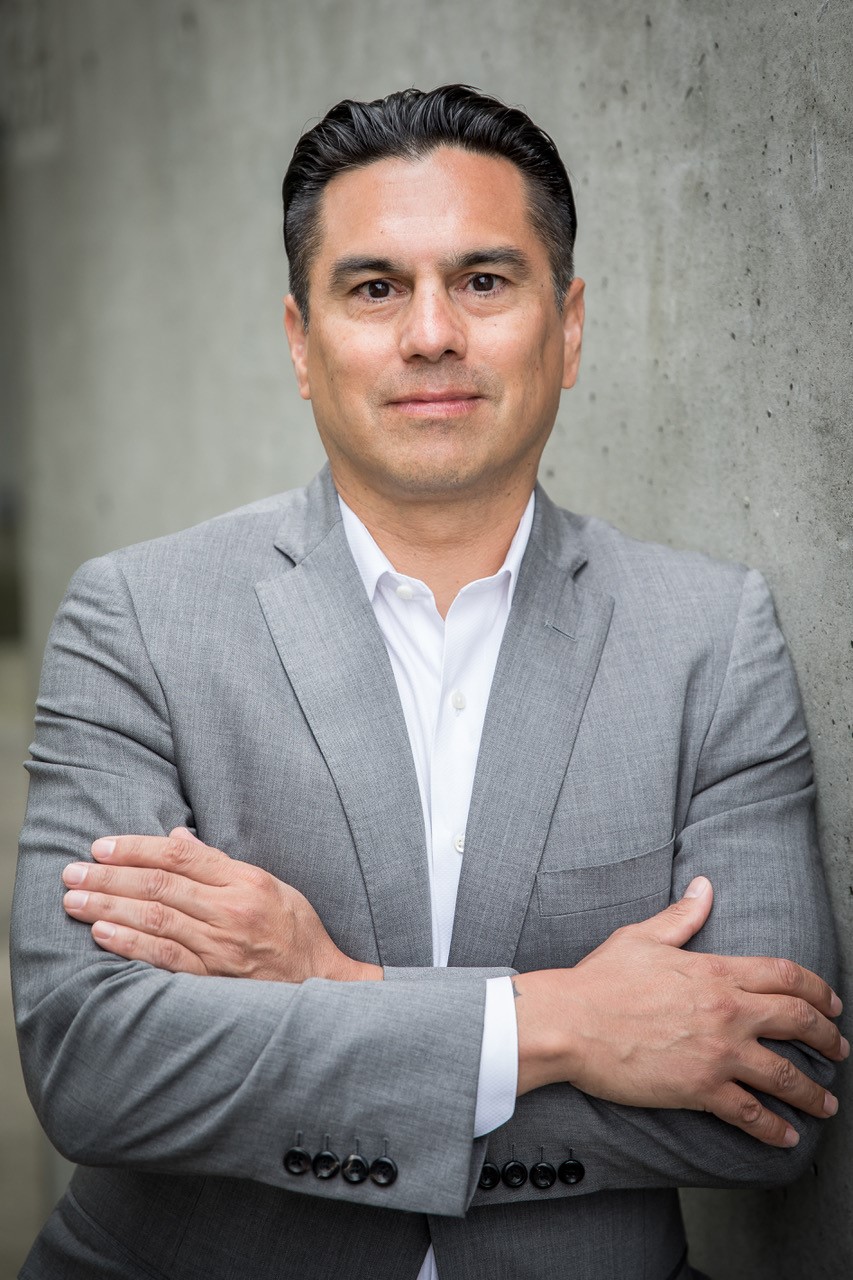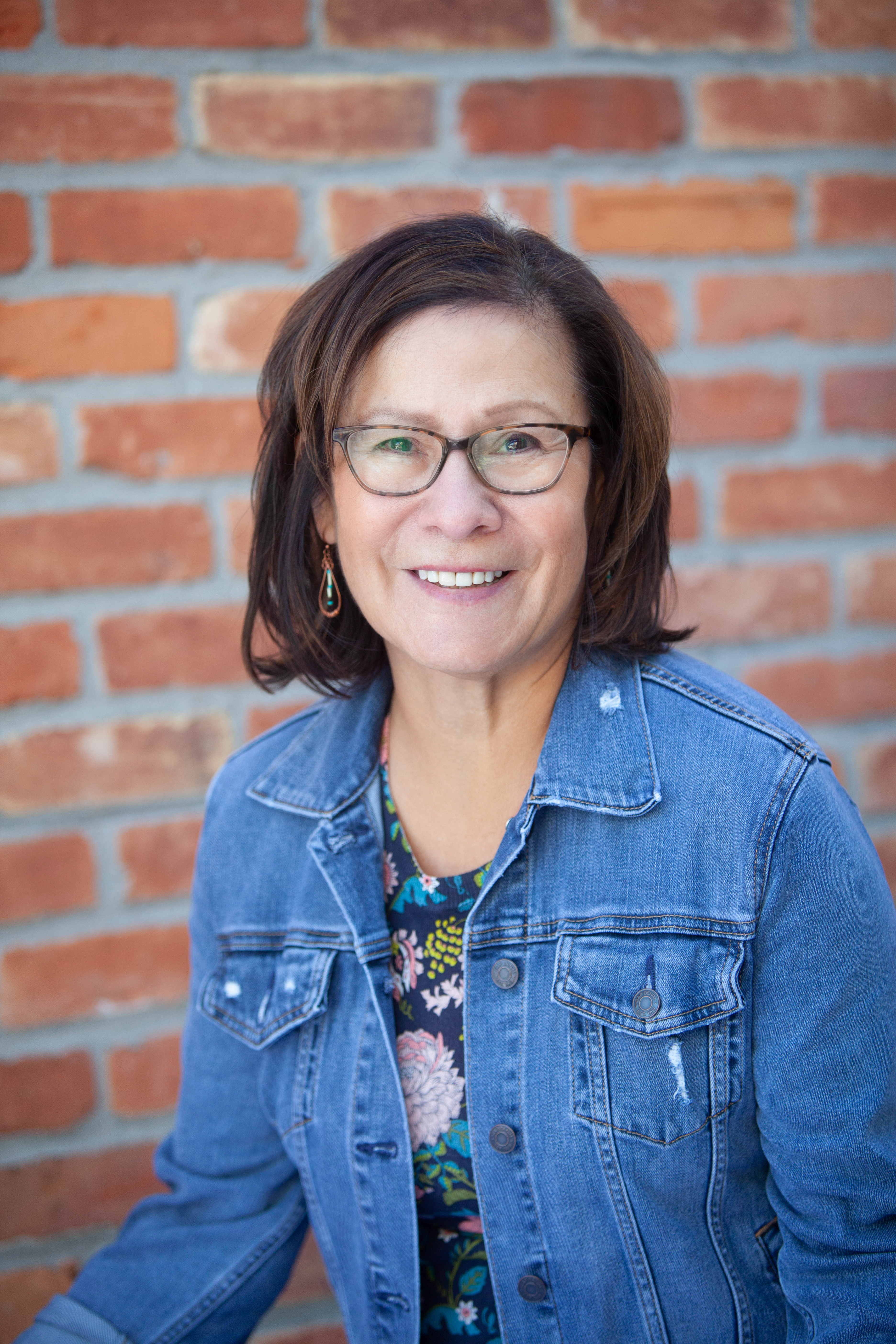Keynote Speakers

Aaron Bruce
Lawyer and owner of Aaron Bruce Law Corp.
Aaron Bruce Law
"Reflections on the Squamish Nation Environmental Assessment Process"
Woodfibre LNG applied to the provincial Environmental Assessment Office to develop a liquified natural gas project in the heart of Squamish territory. From the Squamish Nation's perspective, environmental legislation and policy did not provide opportunities for the Squamish Nation to be a collaborative partner with other levels of government in assessing the project and for meaningful participation in the environmental assessment process. The Squamish Nation did not have confidence or trust in the provincial and federal assessment processes, which has been a common position of Indigenous Nations in Canada. The Squamish Nation decided to take matters into its own hands and developed a Squamish Nation-led assessment of the Woodfibre LNG project based on its own values and decision-making process and without provincial and federal government participation. Following the Squamish Nation-led process, both the federal and provincial governments changed their respective environmental laws attempting to be inclusive of Indigenous interests, knowledge, and perspectives.
The theme of the IAIA 22 conference is Policy, Partnerships, and Participation. Sharing his reflections on the Squamish Nation assessment process and considering the changes to environmental laws in Canada, Aaron walks us down a path to think more deeply about what law and policy, partnerships, and participation in impact assessment in Canada could look like based on the learnings from the Squamish Nation-led process.
Aaron is a member of the Squamish Nation and has worked as lawyer for 18 years including as a partner at one of the leading aboriginal law firms in Canada and has recently started his own law firm, Aaron Bruce Law, continuing to represent Indigenous Nations regarding aboriginal rights & title, natural resource law, and Indigenous jurisdictional and governance issues. He has represented First Nations in litigation, regulatory hearings, and negotiations with other levels of government and industry.
Through these 18 years he has experienced a spectrum that spans from no opportunity for Indigenous participation in environmental assessment to working on a First Nation-led environmental assessment with the Squamish Nation.
Beyond a strong understanding of both the federal Impact Assessment Act and the BC Environmental Assessment Act he has experience working with Indigenous communities in the application of Indigenous legal traditions in the context of impact assessment.
Aaron has been retained by Indigenous organizations such as the First Nations Energy and Mining Council and First Nations Major Projects Coalition to facilitate workshops with Indigenous communities and industry, to make presentations, to draft discussion papers, and to develop strategies on the topic of both federal and provincial environmental assessment and First Nation-led assessment, dispute resolution in environmental assessment and the application of the United Nations Declaration on the Rights of Indigenous Peoples.
Aaron has been invited to speak at numerous conferences on the topic of Indigenous-led environmental assessment and the reform of impact assessment in Canada including at the International Association for Impact Assessment 17 in Montreal.
He was a co-facilitator with a representative of the BC EAO for the province wide consultation with First Nation communities regarding the reform of the BC EA Act and I was also appointed by the Minister of Environment as a member of the provincial Advisory Committee that made recommendations to the province of BC on amendments to the BC EA Act.

Dr. Diana (Dee) Lewis
Assistant Professor
University of Guelph
Indigenous worldviews must inform environmental decisions, specifically as resource or industrial development decisions impact the health of communities. In her doctoral research, Dr. Lewis worked with the women of the Pictou Landing First Nation in Nova Scotia to reveal how a federally mandated environmental health monitoring committee was unable to demonstrate that the health of the community had been impacted by decades of exposure to pulp mill effluent being pumped into a body of water adjacent to the First Nation.
Dr. Diana (Dee) Lewis, a member of the Sipekne'katik Mi'kmaq First Nation in Nova Scotia, is an Assistant Professor appointed to the Department of Geography, Environment & Geomatics at the University of Guelph in Ontario, Canada. Dr. Lewis' research interests are to foster a wider understanding of Indigenous worldviews, and how Indigenous worldviews must inform environmental decisions, specifically as they are impacted by resource or industrial development. Dr. Lewis is a strong advocate for Indigenous data sovereignty and Indigenous-led decision-making. She now works with Indigenous communities across Canada to develop an Indigenous-led environmental health risk assessment approach.
